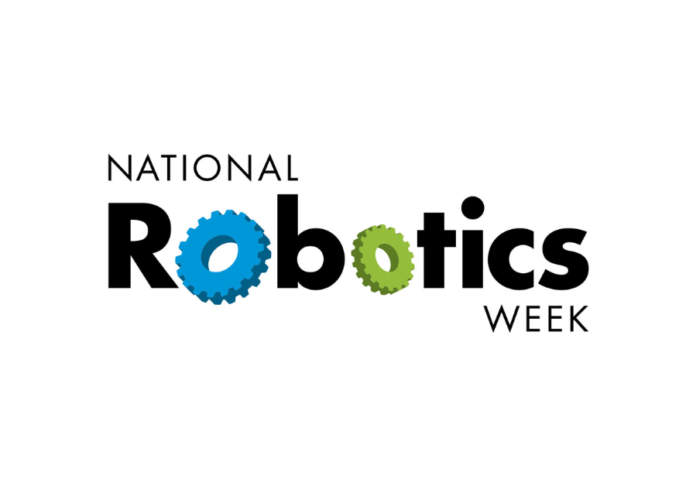National Robotics Week recognizes robotic technology as a pillar of American innovation, highlights its growing importance in a wide variety of application areas, and emphasizes its ability to inspire technology education.
National Robotics Week is celebrated from the first Saturday in April every year. Initially, it was observed for nine days after the second Saturday in April, but this changed after 2012. National Robotics Week, also known as RoboWeek, is for inspiring people interested in robotics and sharing excitement about the latest innovations. The celebration cuts across all ages, from little ones to adults. It recognizes robotics technology as a driving force of 21st-century innovation and development. The week features several events aimed at increasing public awareness about robotics.
History of National Robotics Week
The origin of National Robotics Week can be traced back to 2009, when a group of universities and industry leaders appealed to the U.S. Congressional Caucus on Robotics, asking them to create a “national roadmap” for robotics. In March 2010, the United States House of Representatives passed a law officially designating the second full week of April as National Robotics Week. The resolution was submitted by Representative Mike Doyle, also co-chair of the Congressional Caucus, alongside other members.
According to the official website of National Robotics Week, the week “recognizes robotic technology as a pillar of American innovation, highlights its growing importance in a wide variety of application areas, and emphasizes its ability to inspire technology education.” Robotics is proving to be uniquely adept at enabling students of all ages to learn important science, technology, engineering, and math (STEM) concepts and at inspiring them to pursue careers in STEM fields.
Keeping this in mind, we are sharing with you a quote from an industry leader:

Dr. Sarvjeet Herald, Director, India STEM Foundation:
The robotics industry stands as a beacon of innovation and progress, poised to reshape the landscape of various sectors in India. With an expected annual growth rate of 20%, the industry is on track to reach a market value of $3 billion by 2025. Industrial robots are set to dominate, accounting for a commanding 70% of the market share. This surge in adoption is driven by the collective pursuit of efficiency, productivity, and precision across diverse industries, fuelled further by the integration of AI and IoT technologies. These advancements are paving the way for smart factories and autonomous vehicles, heralding an era of unprecedented automation and intelligence.
Looking ahead, the potential for robotics in India is even more profound, with the market projected to exceed $15 billion by 2032. Robotics offers a viable solution to critical challenges such as skilled labour shortages, enhancing productivity, and bolstering India’s competitiveness in the global market. To harness this potential and emerge as a global leader in robotics, India must prioritize infrastructure development, skill enhancement, and foster innovation through robust research and development initiatives.
Embracing robotics and automation is not just a technological advancement; it’s a strategic imperative for India’s future. By investing in these transformative technologies, India can drive inclusive growth, foster socio-economic development, and solidify its position on the global stage as a leader in innovation and progress.
Also read: Nurturing Responsible Online Behavior in Students by Building a Culture of Digital Citizenship
Do Follow: CIO News LinkedIn Account | CIO News Facebook | CIO News Youtube | CIO News Twitter
About us:
CIO News, a proprietary of Mercadeo, produces award-winning content and resources for IT leaders across any industry through print articles and recorded video interviews on topics in the technology sector such as Digital Transformation, Artificial Intelligence (AI), Machine Learning (ML), Cloud, Robotics, Cyber-security, Data, Analytics, SOC, SASE, among other technology topics.






